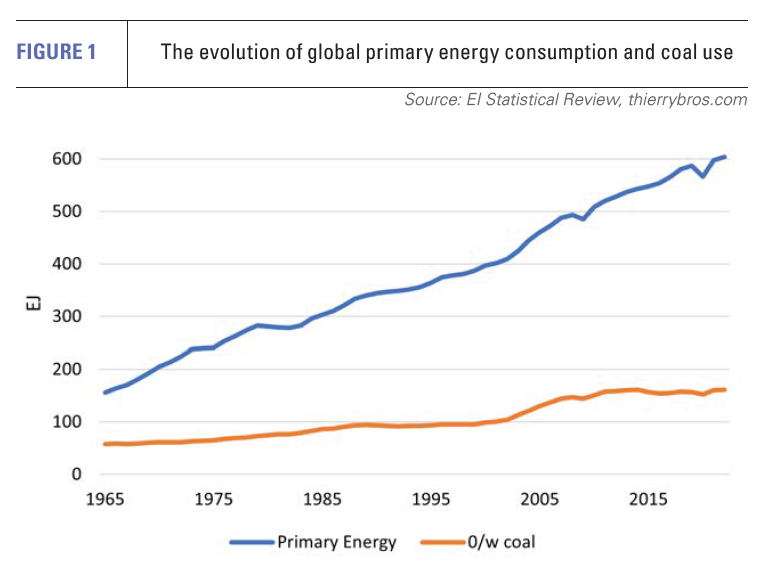LNG2023: the industry should show more pride [Gas in Transition]
LNG2023 took place in sunny Vancouver, Canada, in July. On many grounds it should have been celebration time. Last winter, LNG saved Europe from blackouts and the LNG Canada project is now 80% finished and should put Canada on the world LNG map by the middle of this decade. The industry should now be vigilant and ready to fight any weaponization of energy. Be it the Russian gas weaponization that started two years ago when the Kremlin decided to keep pipe gas supply at the minimum contractual amount or climate activists with their radical degrowth agenda.
Little has been said there about the risk of Russia curtailing its LNG output this coming winter. It seems not enough lessons have been learned from the last two years: Russia is waging a hybrid war against the EU and will do whatever it takes to win a battle this winter after failing last winter. Russian LNG presents many advantages for the Kremlin. First, it is a weapon that has not been used yet and the lazy consensus thinks therefore it cannot be used. Secondly, LNG is less taxed (no mineral extraction tax and no export duty) than pipe gas, and so the Russian state has less to lose in revenue from switching off the supply.
|
Advertisement: The National Gas Company of Trinidad and Tobago Limited (NGC) NGC’s HSSE strategy is reflective and supportive of the organisational vision to become a leader in the global energy business. |
 Regarding climate activists, the industry seems reluctant to fight back against the accusations levelled against it. Protestors that made hyperbolic claims at the entrance of the conference should either explain how, with proven data, they have effectively reduced their own energy consumption by more than 15% in the last year, or be prepared to explain to Europeans that they will face both ongoing recession and blackouts. The more extreme of these activists serve as de-facto Kremlin puppets that only weaken Western economies and democracies.
Regarding climate activists, the industry seems reluctant to fight back against the accusations levelled against it. Protestors that made hyperbolic claims at the entrance of the conference should either explain how, with proven data, they have effectively reduced their own energy consumption by more than 15% in the last year, or be prepared to explain to Europeans that they will face both ongoing recession and blackouts. The more extreme of these activists serve as de-facto Kremlin puppets that only weaken Western economies and democracies.
The only pragmatic ways to address climate change are to price CO2 and undertake a rapid expansion in nuclear power capacity. The LNG industry must be willing to pay for its Scope 1 and Scope 2 emissions, while also educating its customers on the need to pay for their Scope 3 emissions. The high price of CO2 would then foster research and development to select the cheapest and cleanest sources of energy going forward. LNG should pride itself to be in the race!
Unfortunately, too many sessions at the LNG2023 conference were about unpalatable hackneyed narratives. Who really in the industry still cares about what happened in 2022; move on and look forward! Who really cares about ESG definitions when the scam of this is more and more visible. The industry should finally move into the 21st century, hire new talent and adapt its PR. I’ve always been struck that a few private Twitter accounts are much more visible than leading players in the industry. Time to adapt and fight back! Time to use hard data to fight magic maths regarding energy transition forecasts. North America is blessed with vast oil and gas reserves that should be produced in a clean way to help the rest of the world that is short on energy, and help them free themselves from unreliable regimes like Russia.
The world’s thirst for energy will continue to increase. Either we continue to burn more coal while making dogmatic green speeches, or we really try to fight climate change with pragmatic means: LNG being one of them!
About the Author
Dr. Thierry Bros is a Professor at Sciences Po Paris and a regular contributor to NGW. Bros is also a Senior Expert at Energy Delta Institute. He has 30 years experience in energy & climate, from policy side to trading floors.
Bros holds a Master of chemical engineering from ESPCI ParisTech and a PhD from Ecole Centrale Paris.




